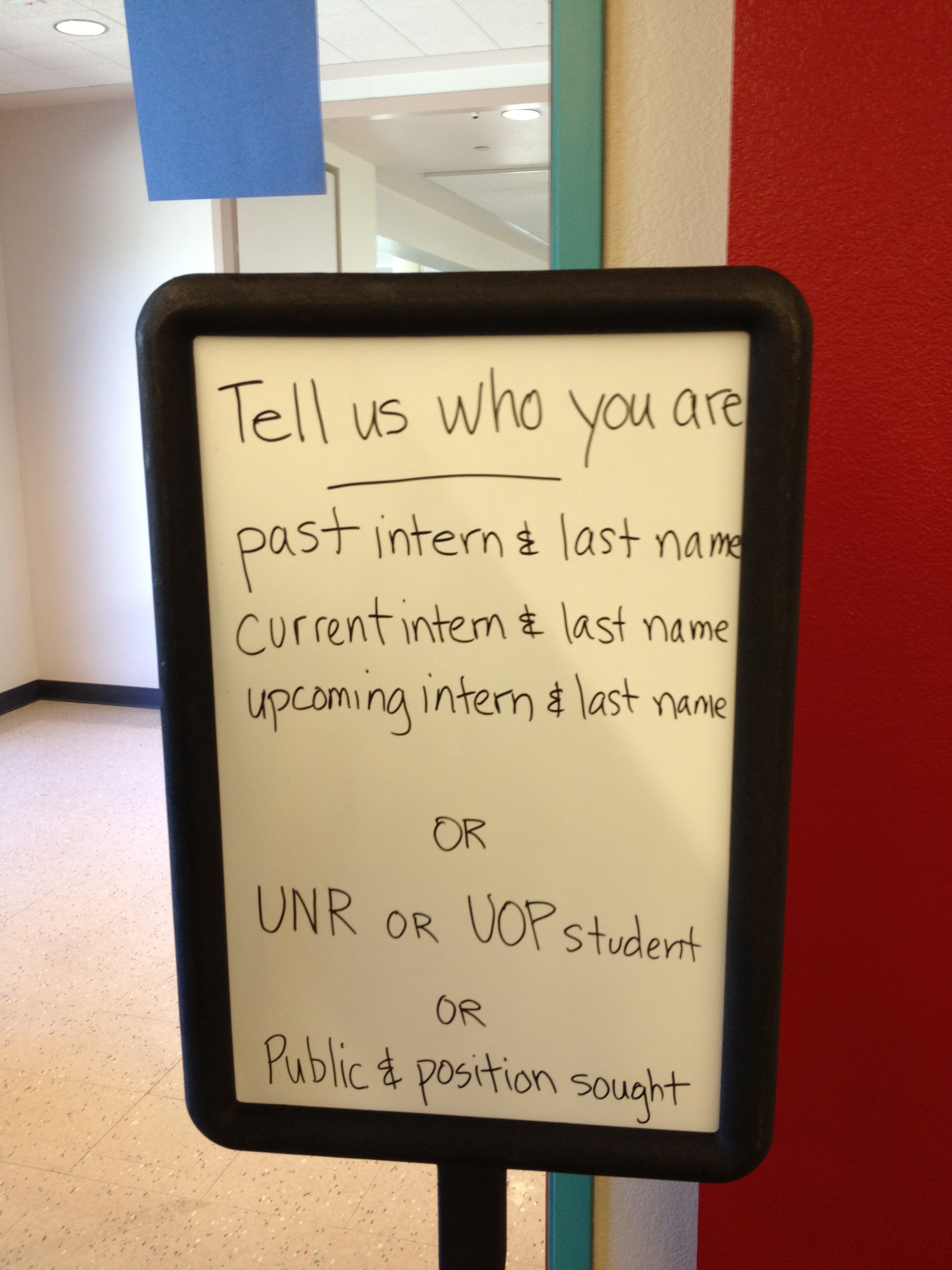 We often hear that social media publications are less important and inferior to peer reviewed journal publications. Faculty and researchers are discouraged from distractive activities such as blogging, tweeting, or social media communications. Many departments completely ignore social media application in order to focus on more traditional research and instructional methods. Ironically, it turns out that in today’s digital society, researchers and writers actually improve scholarly publication skills through blogging. The following are six ways that blogging can make you a better scholarly writer:
We often hear that social media publications are less important and inferior to peer reviewed journal publications. Faculty and researchers are discouraged from distractive activities such as blogging, tweeting, or social media communications. Many departments completely ignore social media application in order to focus on more traditional research and instructional methods. Ironically, it turns out that in today’s digital society, researchers and writers actually improve scholarly publication skills through blogging. The following are six ways that blogging can make you a better scholarly writer:
1. Practice makes perfect:
The more experience a writer has, the faster he or she will develop advanced writing skills. Original ideas organized and communicated effectively via blogging provide scholarly writers the platform to practice writing articles and to receive feedback. Blogging is a metacognitive activity that encourages stronger and more creative writing abilities. Reading blogs will also introduce different viewpoints and organizational frames to consider including in future scholarly articles. The more exposure and experience with disseminating data, the better.
2. Research feedback:
Writers make their scholarly articles better by seeking peer reviewed feedback in order to build the strongest paper possible. Traditionally, we ask faculty or friends for their opinions but now, with social media, it is possible to expand our peer reviewing network to include researchers, faculty, students, and nonacademic professionals from all around the world. Blogging is free, instantaneous, international, and informal. Interactive blogging provides multiple perspectives and suggestions to incorporate into an article or support an original premise. Before submitting a finished article to a peer-reviewed journal, try breaking it up into one or more blogs and test it within a social discussion. Blog writers will benefit from the interactive discussion and feedback. These discussions often lead to future research and inspire new articles.
3. Collecting data:
Do you think you’re the only one contributing quality content on a particular topic? There are over 160 million public blogs and over 180,000 blogs created every day. Think about the amount of knowledge and experience circulating the web about your interests? To gain access to current data, writers need to go no further than their own computer. Books and journal articles take a long time to publish. Blogging allows you to read about what other researching leaders are currently working on. This helps you to collect relevant data and maintain your leadership position within your field.
We are no longer limited to only peer-reviewed journal articles for valid data. We can use blogs to find prestigious scholars, read about their work, and then link to the author’s published article. Also, by reading blogs that contradict or challenge your own hypothesis, you can gain a better understanding about the topics you want to write about. By challenging other countering principles, and defending your own, you will become a stronger writer. Blogs will provide you with a more robust foundation of data while leading you to new authors, research, or scholarly articles.
4. Scholarly recognition:
Blog sites can be used to organize your data and clearly demonstrate your research line. Because it chronologically records and displays your digital publications, you may build upon previous research. Your blogs will be referenced by scholars of all skill levels who will then refer you to their colleagues and friends. You will be considered a leader in your industry; actively publishing and searching for effective outcomes. Others interested in your field will be able to follow your research more easily. Blogging also provides potential collaborative partnerhships for future research with leaders from all over the world. The best part is, the international researchers will come to you.
5. Professional development:
Blogging sites allow you to publish your curriculum vitae or resume that potential employers, hiring committees, and journal review panels can refer to while considering your expertise. Blogging allows you to format your presentations and publications in a causal style using video blogs, PowerPoint, Screenr, or traditional articles. Grants and service can also be displayed on blog sites or hyperlinked to other sites displaying such committee work, scholarly awards, or other related achievements. By producing a quality blog site, writers will practice their scholarly abilities while developing a professional image and brand as a writer.
6. From blog to book:
Once you have established a thorough line of valid blogs that complete a research hypothesis or provide substantial original content, it is to time consolidate the individual publications into a streamlined book. Many scholarly writers aim to design and write a book. Blogging helps to structure the book one blog at a time. If organized effectively, each blog could be a chapter of your next book. After addressing online responses, discussions, feedback, and revisions of your blog entries, you can consolidate a series of related blogs into one book for publication.
The residual ignorance, fear, and hesitation lingering amongst traditional scholars will inhibit not only their publication abilities but those of whom within their apprentise or mentoring relationship. In the past, it has been easier for faculty and scholars to simply overlook the importance of social media within Higher Education; but now, today’s publish or perish culture within a digital society demands that educational leaders embrace blog techniques amongst other strategies to enhance the industry. Blogging will expand the scope of writers’ publishing abilities while increasing their influential reach across the web. Blogging can improve scholarly writing skills, increase publication rates, and expand professional networks.
Image




